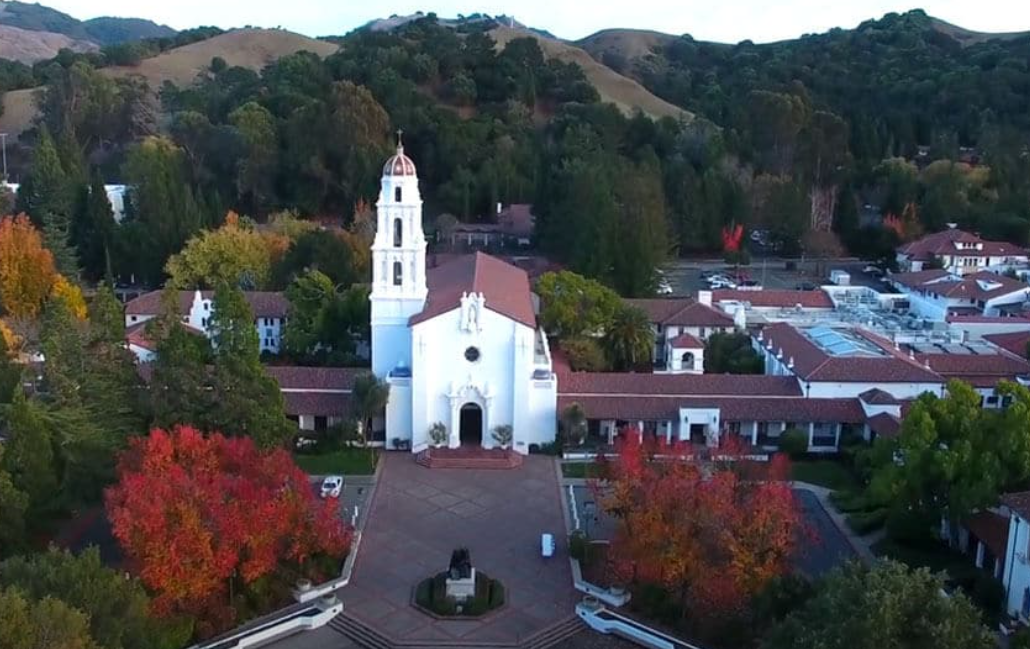
The University of Chicago, located in Chicago, Illinois, stands as a beacon of higher education, research, and intellectual exploration. Founded in 1890 through the philanthropy of John D. Rockefeller and the academic vision of William Rainey Harper, it has since evolved into an institution renowned for its rigorous academic programs, groundbreaking research, and a distinctive campus culture. This comprehensive overview delves into its history, academic environment, contributions to research, campus life, and societal impact, painting a vivid picture of this venerable institution.
Historical Overview
The University of Chicago’s inception was marked by an ambition to establish an institution that would rival the world’s best universities. Its first president, William Rainey Harper, set high standards in academic rigor and research, which laid the groundwork for its future success. From its earliest days, the university embraced a secular stance, focusing on academic freedom and the pursuit of knowledge.
Academic Environment
The University of Chicago is divided into various schools and divisions, including the College, the Graduate divisions of Biological Sciences, Physical Sciences, Social Sciences, and Humanities, as well as professional schools such as the Booth School of Business, Law School, Pritzker School of Medicine, Harris School of Public Policy, and the School of Social Service Administration. This diverse range of disciplines encourages a multidisciplinary approach to education and research, fostering an environment where innovation thrives.
The university is particularly well-known for its core curriculum, a set of required courses for undergraduate students designed to provide a comprehensive foundation in the liberal arts. This core curriculum emphasizes critical thinking, analytical skills, and the exploration of fundamental human questions, distinguishing a University of Chicago education.
Research Contributions
The University of Chicago has been a pioneer in research across various fields. It is the site of the first self-sustaining nuclear reaction, led by physicist Enrico Fermi in 1942, marking a significant milestone in the development of nuclear energy. The university is affiliated with numerous research institutes, including the Argonne National Laboratory, Fermilab, and the Marine Biological Laboratory, facilitating cutting-edge research in physics, biology, and other sciences.
The university’s faculty and alumni have made significant contributions to various fields, earning numerous accolades, including Nobel Prizes, Fields Medals, and Pulitzer Prizes. These achievements underscore the university’s commitment to advancing knowledge and addressing complex global challenges.
Campus Life and Culture
The University of Chicago’s campus, located in the Hyde Park neighborhood, is notable for its Gothic architecture, lush quads, and vibrant community life. The campus culture is characterized by a deep commitment to free and open discourse, a tradition upheld by the university’s staunch defense of free speech.
Student life at the university is rich and varied, with over 400 student organizations, including cultural groups, sports teams, and volunteer services. The university also hosts a variety of events and traditions, such as the Scavenger Hunt, one of the largest and most elaborate college scavenger hunts in the world.
Societal Impact
Beyond its academic and research contributions, the University of Chicago has played a significant role in shaping policy and societal norms. The Chicago School of Economics, for instance, has had a profound influence on economic theory and policy around the globe. Moreover, the university’s commitment to community engagement and urban education initiatives demonstrates its dedication to social responsibility and making a positive impact on its local community and beyond.
Conclusion
The University of Chicago stands as a testament to the enduring value of rigorous scholarship, interdisciplinary collaboration, and the pursuit of knowledge. Its distinguished history, commitment to academic excellence, and contributions to society underscore its role as one of the world’s premier institutions of higher learning. As it continues to push the boundaries of research, challenge the intellect of its students, and engage with the world’s pressing issues, the University of Chicago remains a pivotal force in shaping the future of academia and beyond.